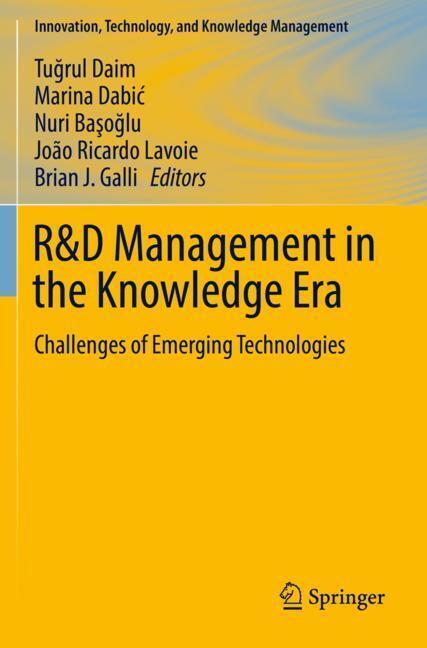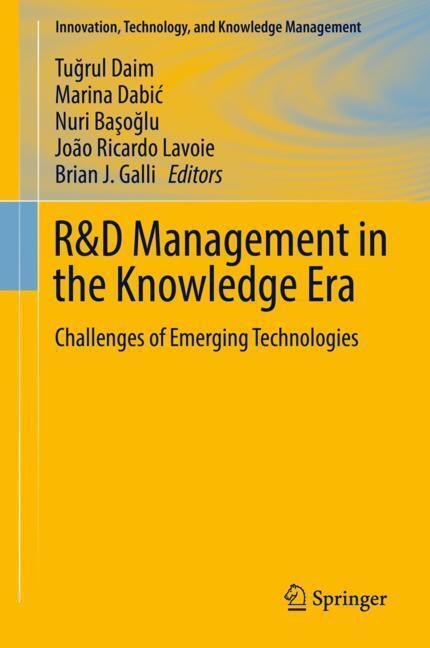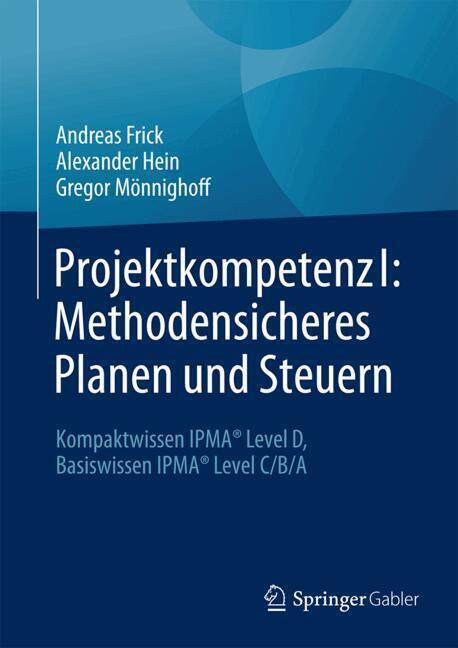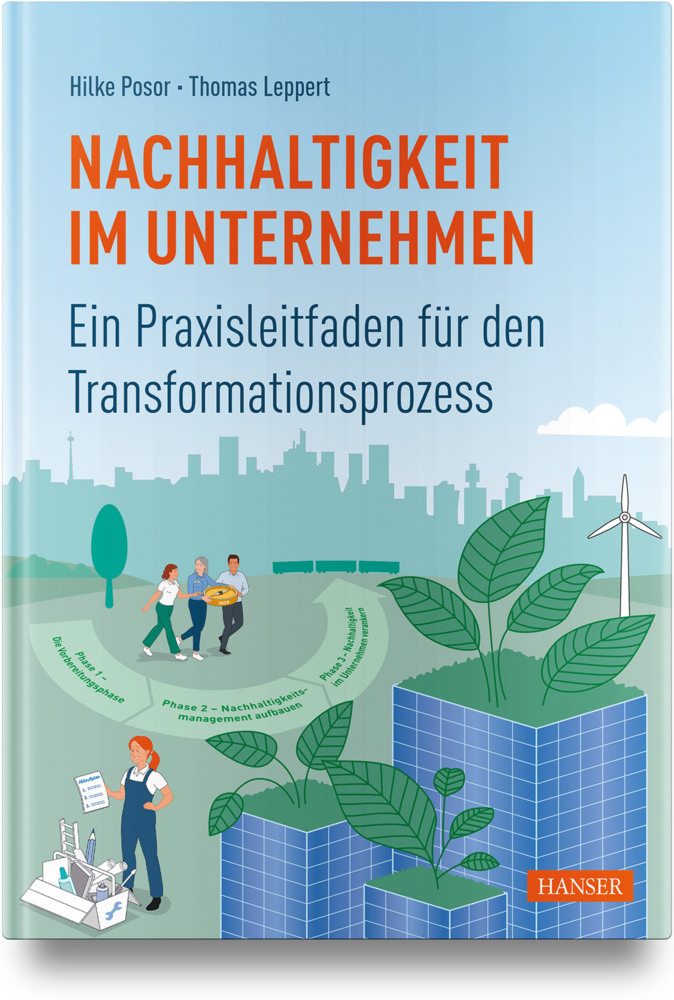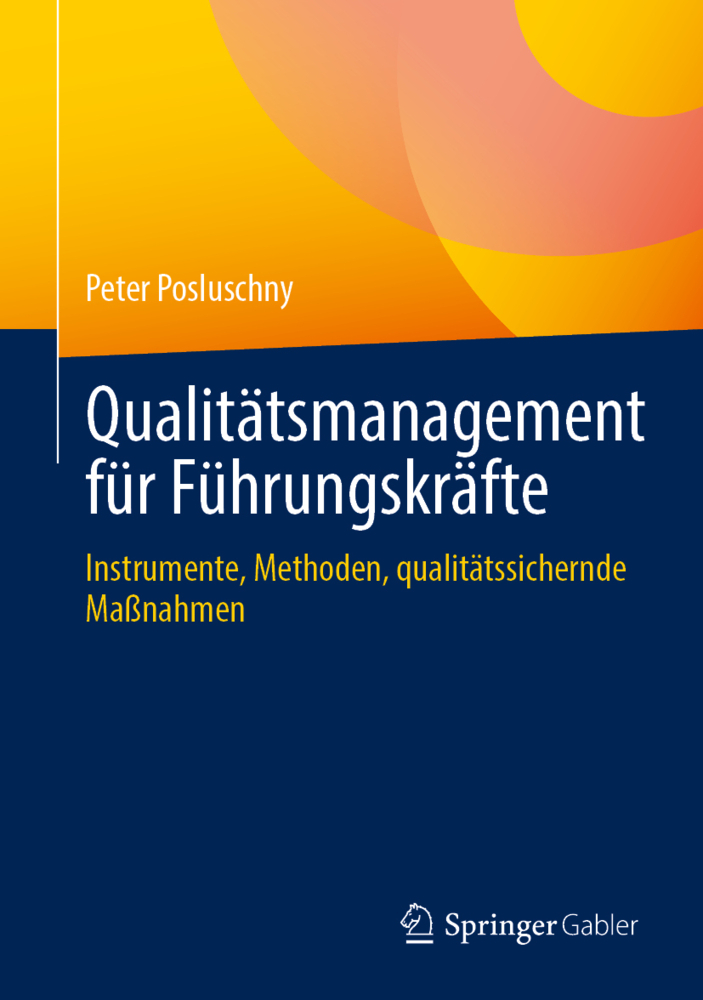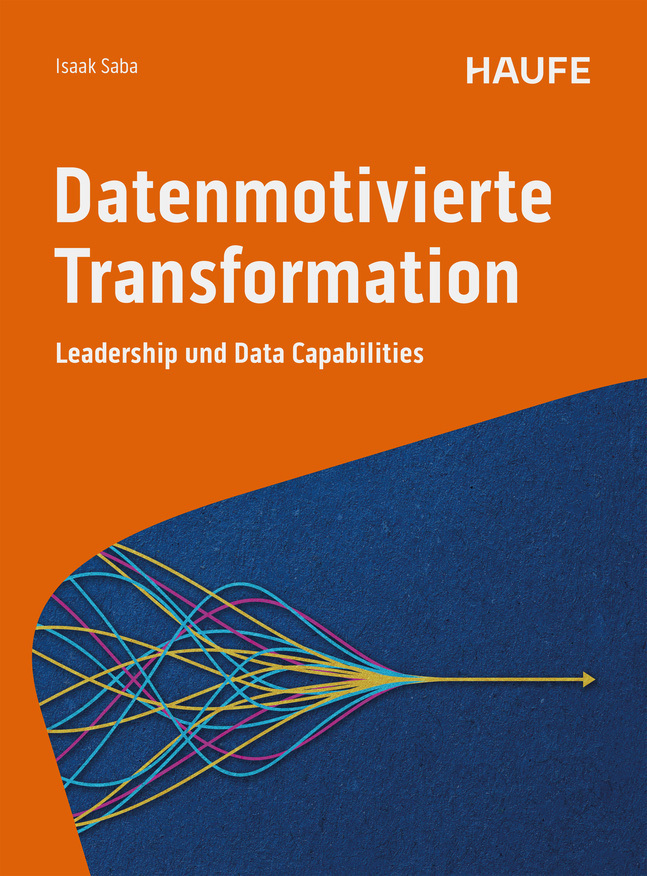R&D Management in the Knowledge Era
R&D Management in the Knowledge Era
This volume explores emerging models, methods and tools in the management of research and development (R&D) in the knowledge era, with a particular focus on the challenges of the emerging technologies. The contributions are organized in five parts. Part I, Managing Emerging Technologies, provides methods and tools to understand the challenges created by the emergence of new technologies. Part II, Technology and Engineering Management Tools and Policies, explores different technology and engineering tools, including topics such as product concept development, design, selection and adoption, using technology roadmaps and bibliometrics. Part III, Technological Innovation and Entrepreneurship, explores R&D, knowledge transfer and entrepreneurial education. Part IV, Commercialization of Technological Innovations, explores the development and application of the technology transfer process which allows managers to succeed in commercializing the outcomes of R&D projects. Part V,Managing the Engineering Enterprise, explores the effect economic decision-making, leadership styles, change management and quality management have on an organization's ability to plan and execute initiatives and projects.
Research and Development has always played a critical role in the engineering and technology focused industries. In an era of big data and smart applications, knowledge has become a key enabler for R&D. Managing R&D in the knowledge era requires use of key tools and methods. However, emerging technologies pose many challenges and cause uncertainties or discontinuities, which make the task of managing R&D even more difficult. This book will examine these challenges and provide tools and methods to overcome them.
Exploring such industries as automotive, healthcare, business intelligence, energy and home appliances, this book is a valuable resource for academics, scholars, professionals and leaders in innovation, R&D, technology, and engineering management.
Part I
Chapter 1 Information Science and Technology - A New Paradigm in Military Medical Research
Chapter 2 Technological Options for Enhancing ADU`s Sustainability: Solar PV and Insulation
Chapter 3 Behind the Meter Energy Storage Implementation
Chapter 4 The Adoption and Use of Tethered Electronic Personal Health Records for Health Management
Chapter 5 A Practical Strategic Planning Approach for R&D Organizations
Part II
Chapter 6 Study on consumer requirements for Automotive Infotainment Systems
Chapter 7 Creativity in Design Process using TRIZ: Application on Smart Kitchen Design
Chapter 8 Additive Manufacturing (AM) Technology Assessment for Titanium Hip Implant Fabrication
Chapter 9 An Evaluation Model of Business Intelligence for Enterprise Systems with Interval-Valued Intuitive Fuzzy ARAS
Chapter 10 Appropriate Renewable Energy Sources for Electricity Generation: A Multi-Attribute Decision-Making Approach
Chapter 11 Selection of Gamification Elements for Demand Side Energy Management an Application Using Hesitant Fuzzy AHP
Part III
Chapter 12 Country Wealth Influencing University Students' Perceptions On Entrepreneurship Feasibility: A Survey
Chapter 13 Entrepreneurial University: Faculty Previous Work Experience Predicting the Perceptions of Inadequate Link with Industry
Chapter 14 First-Generation College Students and Satisfaction with Student-Success-Technology
Chapter 15 Assessing the Key Factors Impacting the Adoption and Use of Tethered Electronic Personal Health Records for Health Management
Chapter 16 Design Study of Medical Device
Part IV
Chapter 17 Technology Transfer: A Literature Review
Chapter 18 Technology Transfer Assessment: An Integrated Approach
Chapter 19 Evaluating Technology Transfer: Case of a Power Utility
Chapter 20 Technology Licensing Performance and Strategy of US Research Institutions
Part V
Chapter 21 Implications of Economic Decision-Making to the Project Manager
Chapter 22 Role & Impact of Leadership in Project Environments and How to Effectively Use Leadership in Project Environments
Chapter 23 The True Pillars of Quality Management - How to View Them
Chapter 24 Comparison of Change Management Models - Similarities, Differences and which is Most Effective.
Daim, Tugrul
Dabic, Marina
Basoglu, Nuri
Lavoie, João Ricardo
Galli, Brian J.
| ISBN | 978-3-030-15411-0 |
|---|---|
| Artikelnummer | 9783030154110 |
| Medientyp | Buch |
| Copyrightjahr | 2020 |
| Verlag | Springer, Berlin |
| Umfang | XIII, 624 Seiten |
| Abbildungen | XIII, 624 p. 96 illus., 59 illus. in color. |
| Sprache | Englisch |

